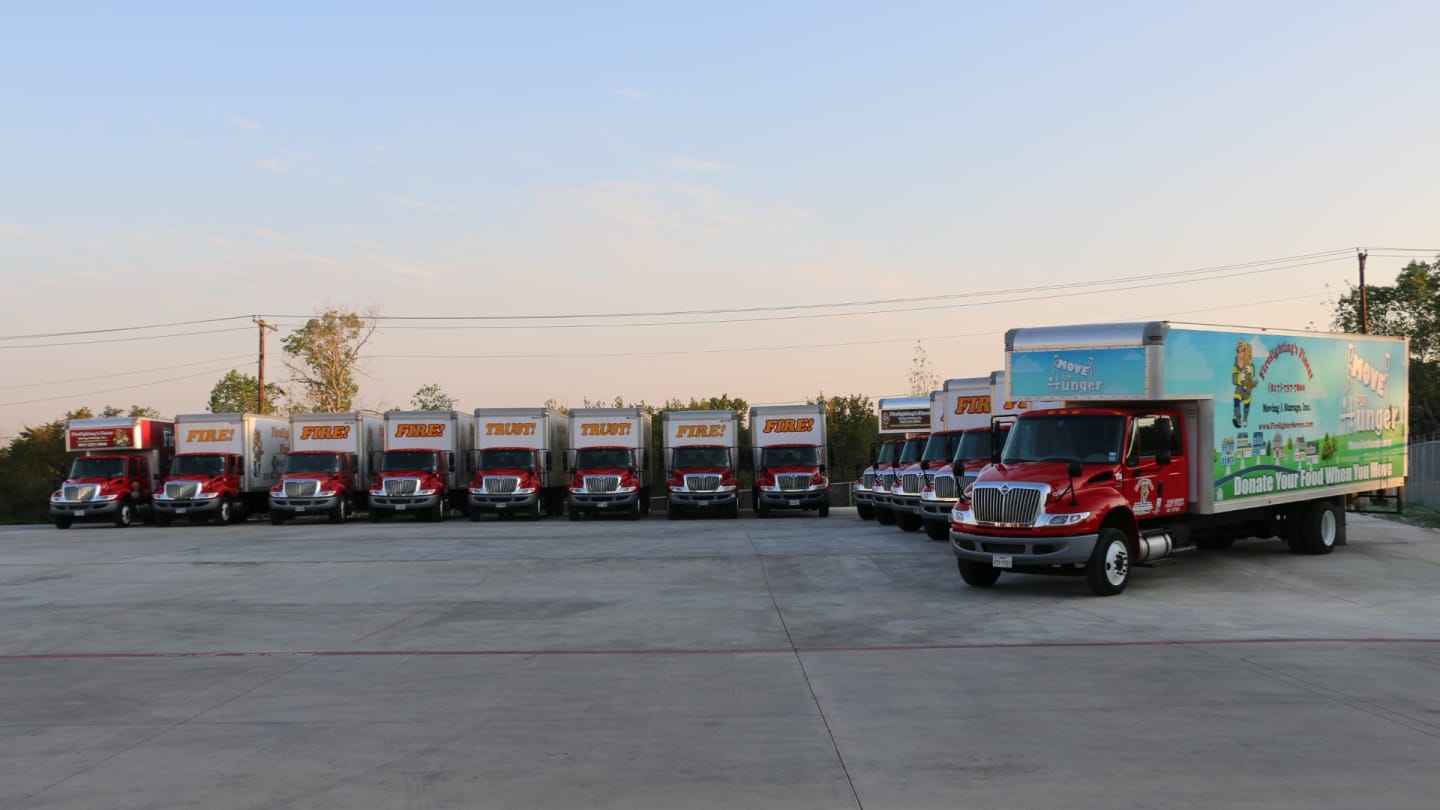Anyone can pack for a move, right? You just put stuff in boxes and tape it shut. As it turns out, people without much packing or moving experience can make some big blunders. Here are some common packing mistakes that make professional packers cringe.
Packing Up Stuff You Don’t Need or Want
One of the first things you should do, weeks or even months before your move, is to get rid of all the extra stuff you don’t need. This might not be a fun task, but it will reduce how much stuff needs to get carefully packed into boxes, and how many boxes need to be loaded into the truck. This can make your life easier after the move, since you’ll have less stuff to unpack and find a place for. It’s common to feel overwhelmed in a new home by clutter and organizational choices you have to make.
The other benefit of this paring down process is that it can take your mind off your task of moving, and give you a chance to think of other people. Maybe those pants still look okay on you, but imagine how great they might look on someone who they’re the perfect size for, who may be searching the racks at Goodwill for an outfit to wear to the job interview that will turn his life around. Imagine the children who can make much better use out of those old clothes or toys or picture books that your kids no longer fit in or play with or read. Involve your children in this process. Moving can be hard for them, and separating things to keep or give away can make them feel important and give them a sense of control.
Packing Up Your Essentials Too Soon
Imagine the move is tomorrow. You feel exhausted and dirty from packing and preparing for the big day. You realize you’d love a meal and shower, but you look around the house and feel like a fool. You packed up all your pots, pans, cooking utensils and food. You can’t even take a shower because you packed up the soap and shampoo. People make this mistake often because they want to be ready for the move and no one told them to pack their essentials last. Here are some examples of essentials:
- Medications
- Tools
- First aid kit
- Phone and laptop chargers
- Important paperwork and personal documents
- Valuables (jewelry, collector items, family heirlooms)
- Electronics (laptops, phones, tablets, cameras)
- Pet essentials
- Kid essentials
- Utensils, plates, and cups
- Toiletries and personal hygiene items
- Clothes and shoes
- Underwear and PJs
- Bottled water
- Snacks
The personal items can be packed into a suitcase or overnight bag. If you have kids, make sure to not pack their essential teddy bear into a box. Imagine the drama if you can’t find it. Let them have a backpack with their favorite toys, books, stuffed animals, etc. It can be a great comfort for them and convenience for you.
Not Labeling Boxes
Another mistake people often make in their enthusiasm to get done packing is not labeling boxes. They just figure everything’s going to the same house, it’ll all get unpacked after the move, so who cares. But not labeling your boxes leads to problems. The biggest one is inefficiency. When the truck is being unpacked, it’s super helpful to know what room a box should go to. You don’t want to open a box full of kitchen utensils upstairs in the kids bedroom and have to carry it down to the kitchen. It’s also a matter of convenience. You also don’t want to be unable to take a shower after the move because no one can find the shampoo and body wash in a sea of boxes that all look alike.
The best way to load and unload a truck is by going by the labels whenever possible. Try to put all the kitchen boxes together in the truck. And the living room boxes. That makes it easier to unload the truck in an orderly manner.
Waiting to Pack Until the Last Minute
Many a moving company has arrived at a house to find the people moving are still desperately trying to pack their boxes. This isn’t considerate to the movers, and it will stress you out when they have to improvise and compromise their loading methods because you didn’t do your part of the job. Get started packing a couple weeks before your move if possible, packing up your least essential stuff.
Filling A Big Box with Heavy Stuff
Here’s a common error. You find what seems like a perfect big box for a big set of hardback reference books. The whole set fits in there perfectly. It’s a miracle. Now you tape it. But now … well, you really don’t want to lift that thing, do you. You’ll either break your back, or the weight of the books will break the seal of the tape on the bottom of the box and everything will come crashing out onto the floor.
Here’s an old rule of thumb. The bigger or heavier the item, the smaller the box it should be packed into. You want all your heavy things to have a nice tight box all to themselves, if possible. Use your big boxes (if you have any) for light items such as stuffed animals, clothes, linens, tablecloths, blankets, towels and sheets. None of that stuff will come bursting out the bottom, or break your back.
If these instructions are too much for you to deal with on top of everything else on your plate right now, remember there are moving services who will pack for you, and they know all these tips and more. If you need help with moving or packing, call Firefighting’s Finest Moving & Storage. We are dedicated to providing efficient, safe, and professional commercial and home moving services, as the moving partner you can rely on. Founded in 2001 by two off-duty firefighters, we’ve grown to serve not only the Dallas/Fort Worth area, but also Houston and Austin as well. A locally-owned-and-operated business, we exceed all state and federal requirements for a moving company and can handle all of your moving needs. Call 844-715-6625 or visit our website for an estimate.







